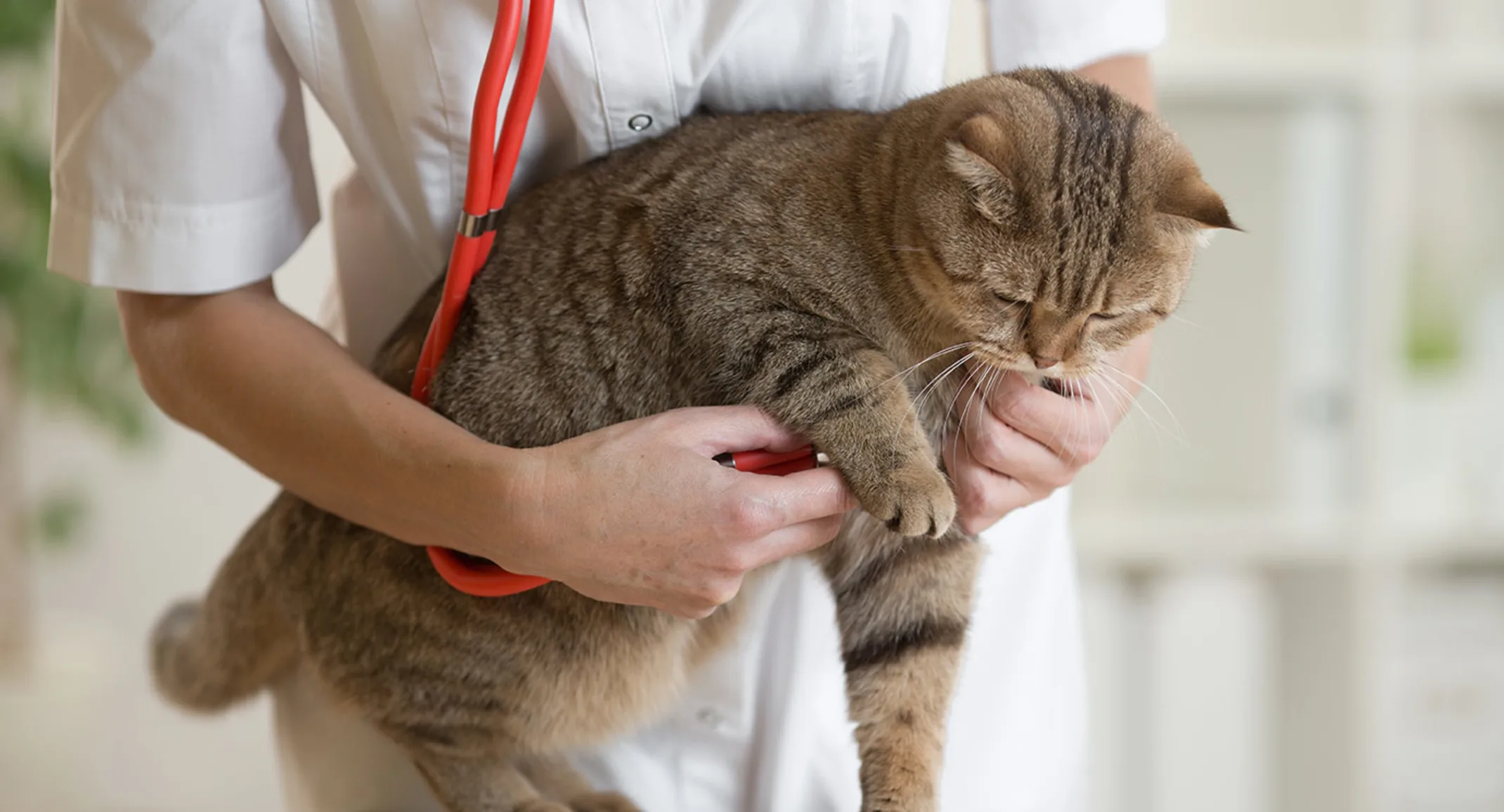Chronic Vomiting or Diarrhea in Pets: When to Worry
Health Tips

Occasional stomach upset is normal in pets—but when vomiting or diarrhea becomes frequent, it may be a sign of a deeper problem. Gastrointestinal issues are one of the most common reasons for veterinary visits, especially during the summer months when heat and dietary indiscretions can increase flare-ups.
When It’s Not Just an Upset Stomach
Mild stomach upset from eating too fast or switching foods can happen from time to time. But if your pet is vomiting more than once a week or experiencing diarrhea for multiple days, it’s worth a closer look. Persistent GI symptoms can point to chronic issues like IBD or pancreatitis.
Summer BBQs & Sneaky Snacks: Seasonal GI Triggers
Summer brings more outdoor gatherings and tempting treats for pets. Greasy foods, bones, and sudden changes in diet are frequent culprits of GI upset. Even small "off-menu" snacks from the grill can trigger a flare-up in sensitive pets.
IBD in Pets: Managing Long-Term Inflammation
Inflammatory Bowel Disease (IBD) is a chronic condition we often see in both dogs and cats. It causes ongoing inflammation of the intestines and can lead to:
Intermittent vomiting
Loose stools or chronic diarrhea
Weight loss and decreased appetite
Our Internal Medicine team specializes in diagnosing and managing IBD with tools like advanced lab work, GI panels, and endoscopic biopsies. Treatment often includes tailored diets, medications, and long-term care plans.
Not a One-Time Thing: When Patterns Matter
If your pet’s symptoms improve briefly and then return, it’s likely a chronic condition rather than a random incident. Recurrence is a red flag—not something to ignore. Internal Medicine specialists are trained to recognize patterns and rule out systemic causes.
The Power of Ultrasound & Scope
When basic testing isn’t enough, imaging gives us a clearer picture of what’s going on inside. At VSH North County, we use advanced diagnostic tools like:
Abdominal ultrasound to check organ structure and inflammation
Endoscopy to view the GI tract directly and collect tissue samples
CT imaging is used when a more detailed analysis of internal organs is needed
These tools help us get to the root of the problem with minimal discomfort for your pet.
Save This for Your Vet Visit: Track GI Changes
Keep a log of your pet’s digestive habits for 3–5 days before your appointment:
Number of bowel movements per day
Stool consistency (soft, formed, watery)
Vomiting frequency and what was vomited (food, bile, etc.)
This simple record can give your veterinarian valuable clues about timing, triggers, and severity.
Specialized, Compassionate Support
At VSH North County, we combine medical excellence with compassionate care to help pets with chronic GI conditions feel better and live more comfortably. We also collaborate with other specialties when needed to ensure your pet benefits from a fully integrated care plan. If your pet’s digestive issues are starting to feel familiar, we’re here to help uncover the cause and provide expert support every step of the way.
